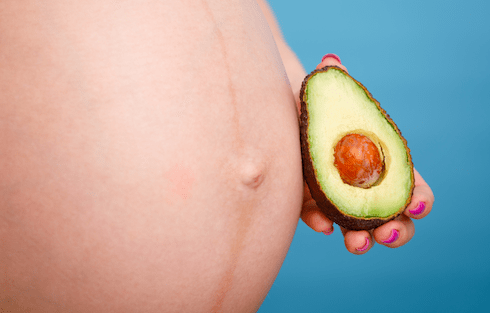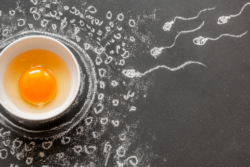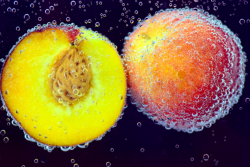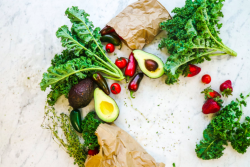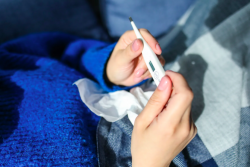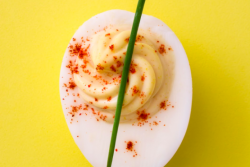Healthy fats are extremely important for a fertility diet. Why? Not only for the nutrients fat provides, but for its effect on hormones. However, it is a bit of a “Goldilocks” situation, where we need a certain balance and too much or too little (known as dyslipidemia) can get us into trouble.
“What is dyslipidemia exactly?”
It’s abnormal cholesterol and triglyceride levels. For example, when we see total cholesterol, triglycerides, cholesterol/HDL ratio and LDL as too high, and HDL as too low.
“How do I find out if I have it?”
A basic blood test can be done to assess your cholesterol levels. It is usually called a lipid panel on your doctor’s requisition. After 24 hours of fasting you will have a blood draw, and the results will show total cholesterol, triglycerides, cholesterol ratio, HDL & LDL levels. This will give us major insight into possible issues that may be affecting fertility. Luckily it is not specialized testing, and family doctors are familiar with running it.
“What do we know about dyslipidemia and its impact on fertility?”
- Research has suggested a link between dyslipidemia and malfunction of both the ovaries and the testes. In particular, a 2012 study showed that dyslipidemia increased apoptosis – cell death – of the germ cells in the testes causing low sperm counts1.
- Possible pregnancy complications including preeclampsia and gestational diabetes2.
- We are also seeing dyslipidemia worsening the rates of success from advanced-reproductive technologies in patients with fertility-reducing conditions like PCOS3.
“So I should just avoid cholesterol altogether?”
It’s easy to be afraid of cholesterol because we have been told over and over that cholesterol is a bad thing.
In actual fact, we NEED cholesterol. If we take a high level view of sex hormone pathways, you’ll see that cholesterol is the precursor to the development of essential hormones, such as estrogen, progesterone and testosterone.
The goal is to maintain adequate cholesterol levels with proper diet and lifestyle. While we used to think that eating cholesterol (like eggs) would raise our cholesterol, we now know that a high carb diet has a much worse impact. The best dietary approach would be reducing processed sugar, eliminating trans fats, and limiting starches, while emphasizing lean protein, healthy fat (like avocados), and non-starchy carbohydrates (like green, leafy vegetables) in order to make a huge difference.
“Will exercise help?”
Absolutely, in fact we know that cardiovascular exercise is one of the ways we can raise HDL levels (your happy cholesterol). This works to keep LDL (your not-so-happy cholesterol) levels in check!
“What supplements can I take?”
There are a few effective agents out there, but their use should always be discussed with your naturopathic doctor, fertility doctor, and/or family physician as supplements can interact with other medications, medical conditions, and fertility outcomes.
- Fish oil
- Red yeast rice
- Sterols
Ultimately, your key action item from this article is to be aware of the impact dyslipidemia can have on fertility, and to understand that there are steps you can take with lifestyle change and possible supplementation to help your heart and your fertility.
Need help with fertility nutrition? Contact us today to set up a virtual appointment from the comfort of your home.
References:
